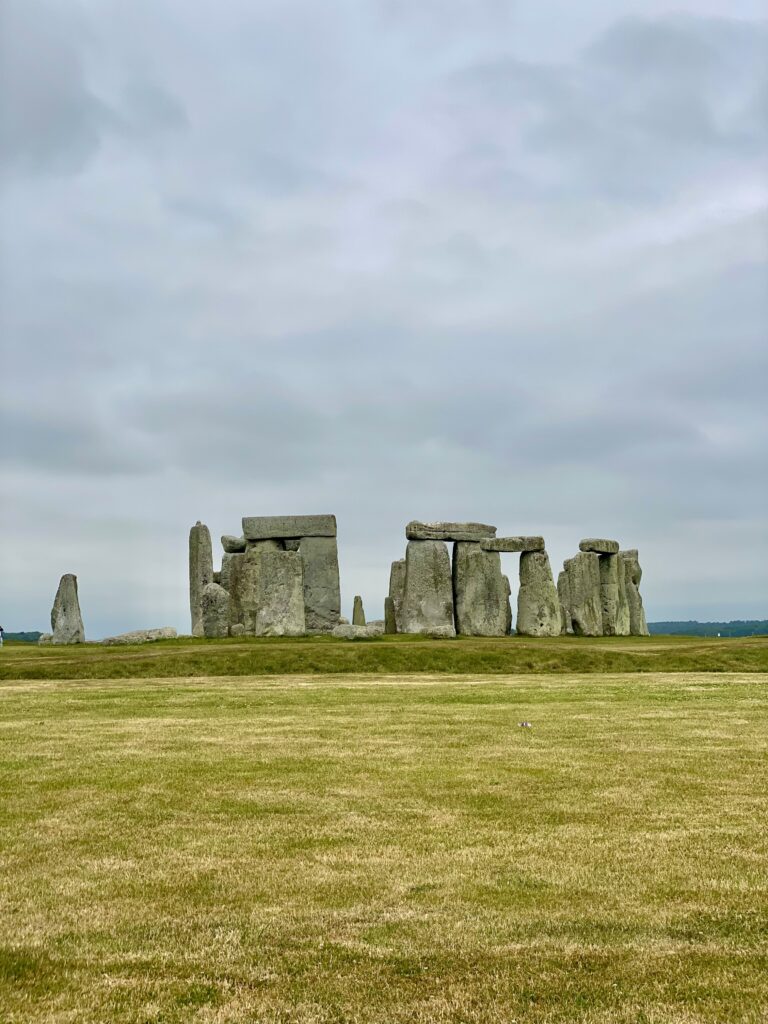I have reached the end of my 21 days in London for my Forensic Psychology program, which is incredibly bittersweet. Succinctly put, I have enjoyed every second and learned so much. So, for this post, I want to explain how to truly appreciate and make the most of your time in a foreign country.
A great trip starts with preparation. Beyond the logistics of buying, gathering, and packing, you need to research the country you are going to. This can include culture, norms, and safety. But the best thing I did was look into the places I wanted to visit. Ranking from must-see to things that would be fun if you have the time is crucial. I personally love art, so I knew there were some art museums that were a must-see here in London. I went so far as to check out the individual exhibitions and pieces that interested me. While this may sound like overkill, it allowed me to not waste any time doing things I had no interest in.
Along those lines, it is important to look into the logistics of how much time an activity will take, location, hours/ days of operation, and the cost. Once you have a nice list of relevant information, you can begin loosely scheduling activities around your study abroad itinerary/ class.
If you are more go with the flow, try to group activities into days and then don’t assign the days. For instance, if you have 2 or 3 things in a similar area, you can do them all on the same day. I did this for 99% of the trip, and it worked out extremely well. Take into account the amount of walking/ how tired you will be and try to split up intense activities. Though there is SO much I wanted to see in central London, I knew I wouldn’t enjoy doing several tours and museums back to back. Instead, I went to the same area 2 or 3 times and did an intense activity (ex., walking tour), maybe a chill one (ex., cat café), and a meal or two each day.
Preplanning activities made it easy to go to class and either go to a group activity or quickly chat with my friends and pick a “day” to do. This took out the guesswork and contemplation. That’s not to say I wasn’t flexible; there were some things I left really vague such as “jazz bar,” and once I was here, I was able to get recommendations from locals and have a fantastic time.
Beyond the preparation, the most important thing to me was documenting. I am notoriously bad at taking pictures, so I decided to make a conscious effort to attempt that but also to make a “scrapbook.” To do this, I just collected things as I went through the trip. For example, receipts, pamphlets with places names on them, labels from a delicious drink, etc. Try to keep a little piece of anything that sparks joy, or you did. This physical evidence helps record your trip and will spark many memories. I personally didn’t actually make the “book” as I went along; instead, I just collected and decided to organize it all when the trip was complete. You can also keep a travel journal, video blog (vlog), or lots of pictures if that’s more your speed. It is important not to assume you will “just remember it” because it is SO much and goes by SO quickly.

